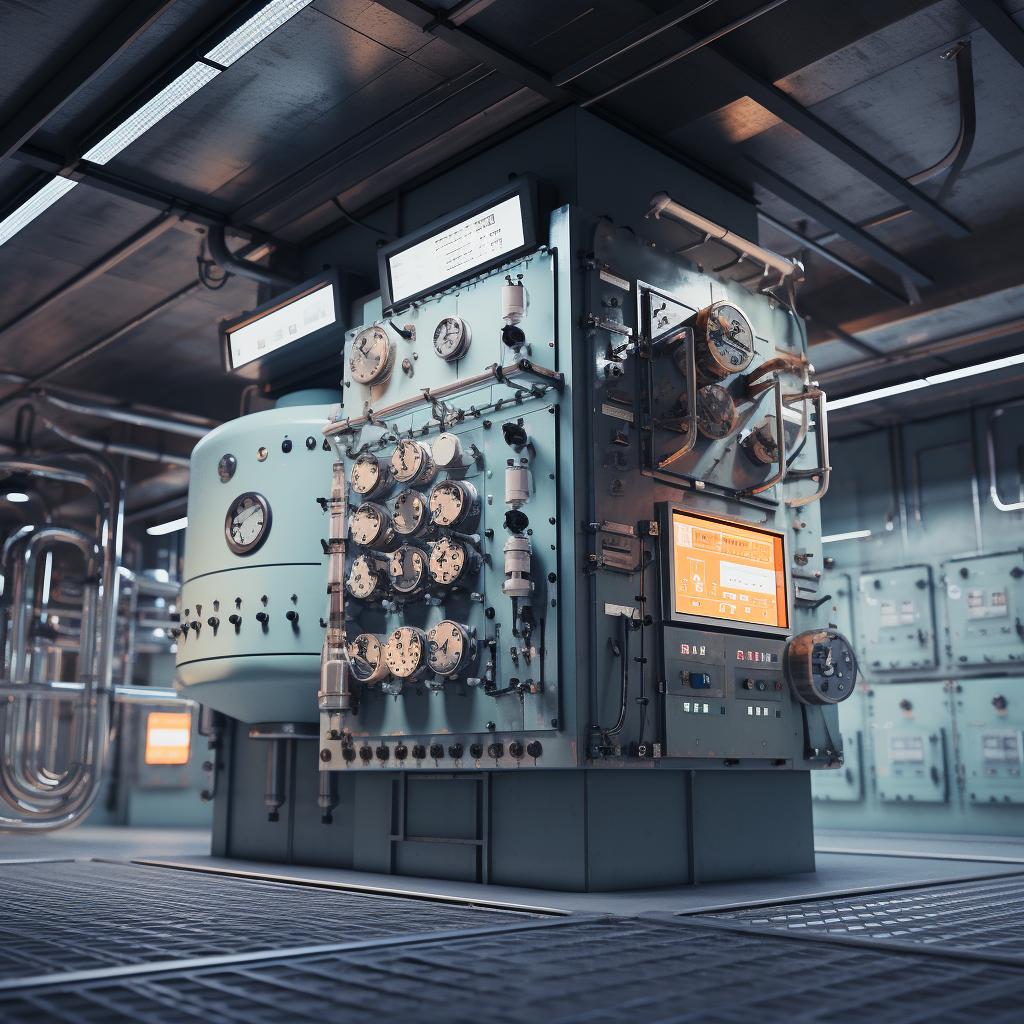
Temperature control in nuclear reactors is of paramount importance, as it plays a critical role in ensuring the safe and efficient operation of these complex systems. To maintain a formal and fact-based tone, we will delve into the significance of temperature control in nuclear reactors.
- Safety: Perhaps the foremost reason for temperature control in nuclear reactors is safety. Nuclear reactions release an enormous amount of energy, and if not controlled properly, this energy can lead to overheating, melting, and even catastrophic accidents. Maintaining the temperature within safe bounds prevents the core from reaching critical conditions that could result in a nuclear meltdown.
- Efficiency: Temperature control is integral to maximizing the efficiency of nuclear reactors. Most nuclear reactors operate on the principle of converting heat generated by nuclear fission into electricity. By maintaining a precise temperature, engineers can optimize the heat transfer process and extract the maximum amount of energy from the reactor fuel.
- Preventing Fuel Damage: Nuclear fuel elements are subjected to extreme conditions, including high temperatures. If temperatures rise beyond certain limits, it can cause damage to the fuel rods and lead to the release of radioactive materials. Proper temperature control ensures that fuel remains intact and the integrity of the reactor core is maintained.
- Stability and Control: Maintaining a consistent reactor temperature allows for stable and predictable reactor operation. Fluctuations in temperature can lead to instability and can make it challenging to control the reactor. Precise temperature control provides stability, making it easier to manage the nuclear reaction.
- Reducing Radiation Risk: High temperatures can increase the risk of radiation leaks from the reactor. Controlling temperature helps minimize the likelihood of breaches in the reactor’s containment system, which is essential for protecting both plant personnel and the surrounding environment.
- Long-Term Sustainability: In addition to immediate safety concerns, temperature control also contributes to the long-term sustainability of nuclear energy. By preventing overheating and damage, reactors can operate safely and efficiently over an extended lifespan, making nuclear energy a viable and sustainable option for meeting future energy demands.
In conclusion, temperature control in nuclear reactors is a critical aspect of their operation, directly impacting safety, efficiency, and long-term sustainability. By maintaining precise temperature levels, nuclear engineers can harness the immense energy potential of nuclear fission while minimizing the risks associated with this powerful source of energy.
